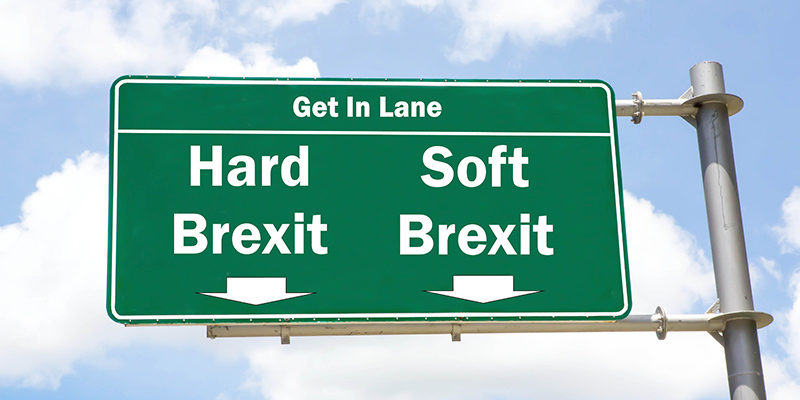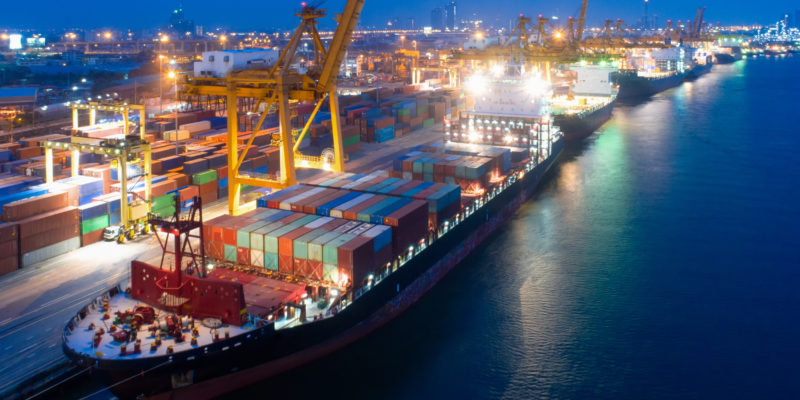The UK’s Journey to Becoming a Sovereign Global Actor
The adjustment that the UK will have to make to accommodate our post-Brexit global trade and security ambitions will involve enormous effort, ingenuity and change. No-one knows what the outcome will be. For almost 50 years, the UK was a member of the European Union. The UK’s trade policy was aligned to the Union in…




